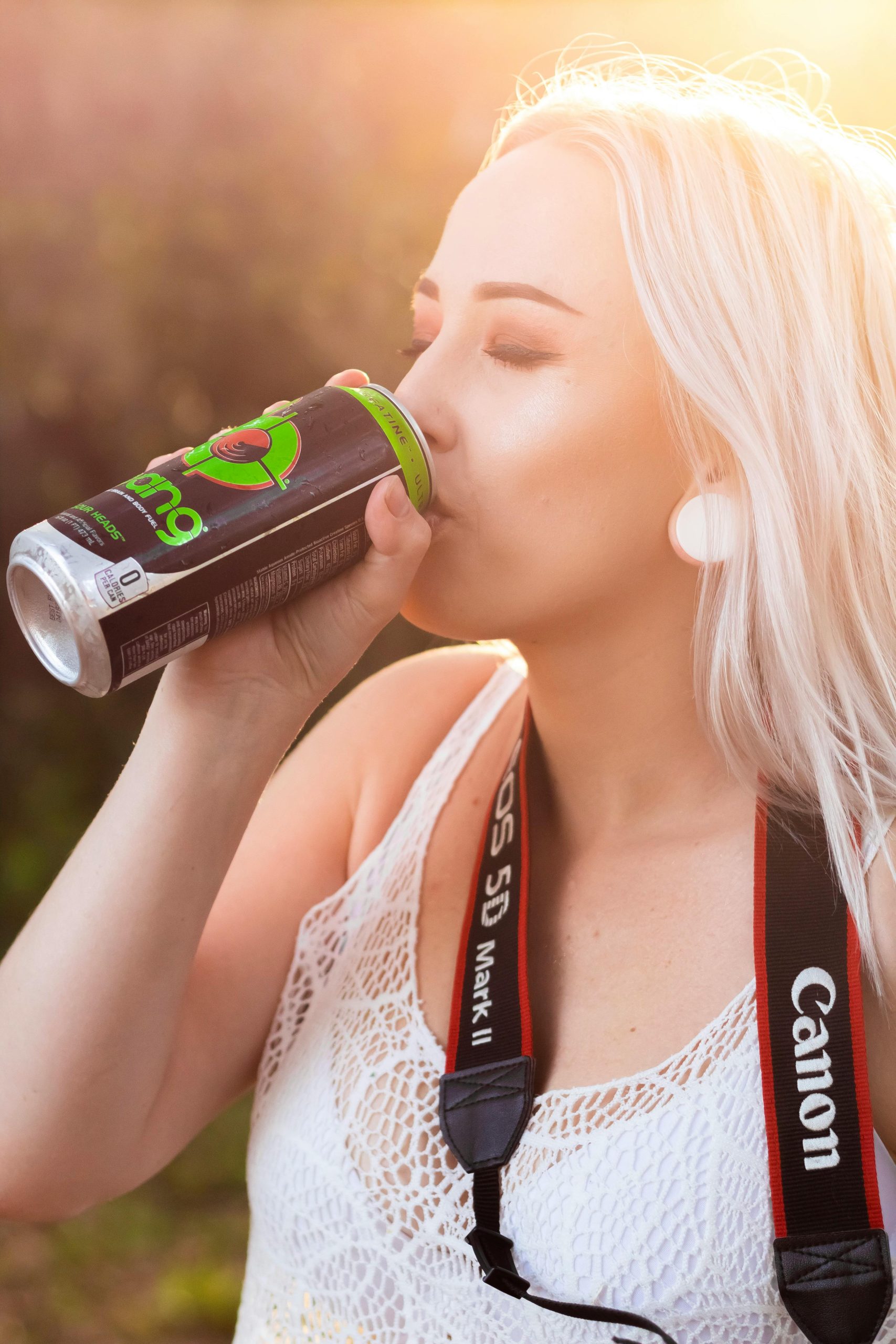Title: Understanding Liability after an Accident with a Drunk Driver in Florida
In South Florida, a unique and troubling situation has emerged that raises important questions about liability in motor vehicle accidents involving intoxicated drivers. A reader shares their experience of being struck by a drunk driver while their vehicle was motionless in a parking lot. This unfortunate scenario prompts a critical examination of whether the intoxicated driver can legally pursue damages against an innocent party.
The incident occurred in a McDonald’s parking lot shortly after the reader had picked up their food and was waiting for traffic to clear before leaving. Suddenly, a rental truck, operated by a driver under the influence of alcohol, veered off the roadway onto the sidewalk, colliding with the rear bumper of their stationary vehicle. The police were summoned, the driver was arrested for DUI, and an official report was filed, listing the drunk driver as the at-fault party.
Since the accident in January, the innocent driver has sought legal counsel and undertaken physical therapy, all while navigating the complexities of insurance claims after reporting the incident to the rental agency involved. Fast forward to May, when the situation took a surprising turn: the intoxicated driver attempted to file a lawsuit against the reader for damages to his rental vehicle and injuries he allegedly sustained during the crash.
This unexpected legal move has left the reader in a state of confusion, especially upon receiving correspondence from their insurance provider indicating that their coverage—primarily Personal Injury Protection (PIP)—may not fully cover the lawsuit.
Key questions arise in situations like this: Can an innocent driver, who was stationary and abiding by all traffic laws, be held liable for damages inflicted by a clearly reckless driver? In this instance, the facts seem to favor the innocent party:
- The reader’s car was not in motion.
- The other driver was intoxicated and had a history of DUIs.
- The at-fault driver was arrested at the scene after failing sobriety tests.
- Surveillance footage from nearby establishments corroborates the reader’s account of being stationary.
Given the circumstances, the likelihood of the intoxicated driver’s case being legitimate appears minimal. It seems more plausible that he is attempting to shift blame and recover damages from someone who was not responsible for the incident.
If you find yourself in a similar predicament, it’s crucial to consult with your attorney and your insurance provider to clarify your rights and responsibilities. Knowing the facts of your case, along with seeking legal advice, can significantly impact how you navigate such challenging and unexpected



